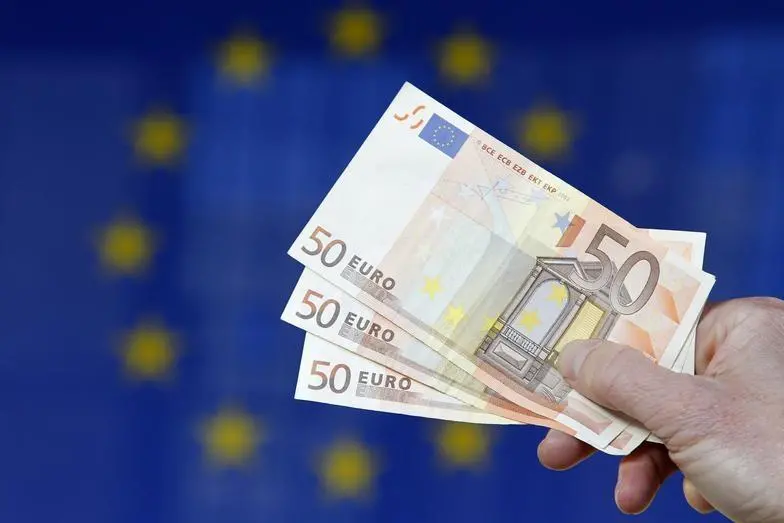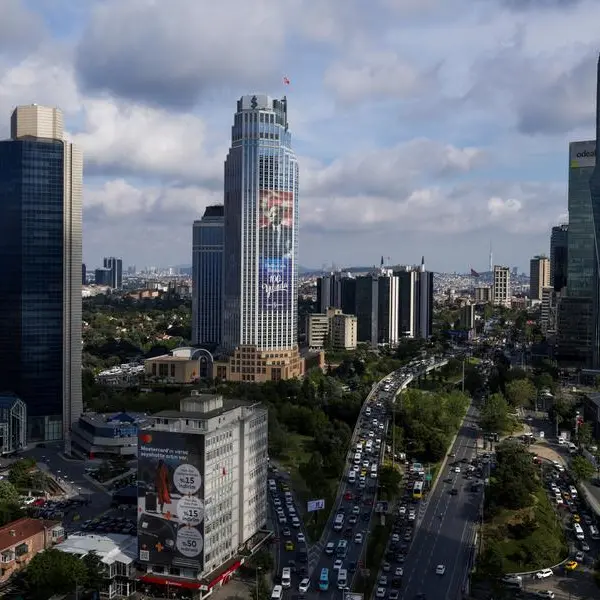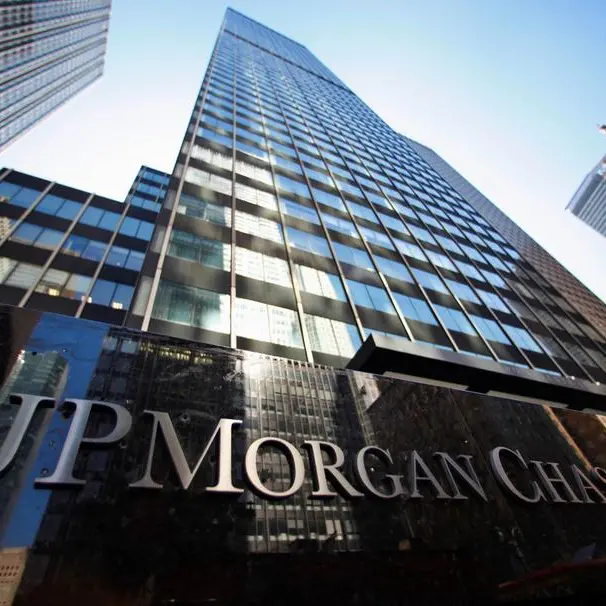PHOTO
Euro zone bond yields edged up on Thursday, after posting their largest one-day drop since June, while cooling U.S. inflation gave fixed-income markets some relief after a global selloff.
Germany's 10-year bond yield, the benchmark for the euro zone bloc, rose 2 basis points (bps) to 2.547%. On Wednesday, yields fell 9 bps, their biggest daily fall since mid-June.
December data showed softening underlying inflation in the U.S., which sparked a sharp drop in elevated global bond yields on Wednesday.
Italy's 10-year yield was also higher by 2 bps at 3.707% on Thursday, and the gap between Italian and German yields stood at 115 bps.
Analysts said that while the core U.S. consumer price data offered temporary relief, the overall print pointed to still-high inflation, while the potential impact of tariffs by the incoming administration of U.S. President-elect Donald Trump hung over markets.
"For all the market excitement yesterday, it wasn't actually a great inflation report by several measures," said Deutsche Bank strategist Jim Reid in a note.
"In fact, the headline CPI print was actually at a 10-month high... and it didn't see a downside surprise like the core print."
On Thursday, investors will eye accounts from the European Central Bank's December meeting, where it cut interest rates by 25 bps and kept the door open to further easing.
Germany's two-year bond yield, which is more sensitive to ECB rate expectations, was little changed at 2.257%.
Money markets price in about 95 bps in rate cuts from the ECB this year. This compares with about 37 bps of priced in cuts from the Federal Reserve, reflecting the bloc's much weaker economy.
Germany's economy contracted for the second consecutive year in 2024, data showed on Wednesday. GDP in Europe's biggest economy shrank by 0.2% over the full year.
But sticky services inflation and tariff woes could complicate the rate cut path for the ECB, which has prompted traders to trim their bets for cuts by about 20 bps since the ECB's December meeting.
Data on Thursday indicated that more German companies want to raise prices. The economic institute Ifo said that its price expectations index in Germany rose to its highest level since April 2023 in December, with all economic sectors contributing to the increase.
The yield spread between French and German yields - a gauge of the risk premium investors demand to hold french debt - stood at 82 bps.
French Prime Minister Francois Bayrou will face a no-confidence vote on Thursday.
While Bayrou looks likely to ride out the no-confidence motion, the long-term survival prospects of his minority government have shrunk as the prime minister fights to keep the Socialist Party from backing the vote.
(Reporting by Greta Rosen Fondahn Editing by Bernadette Baum)





















